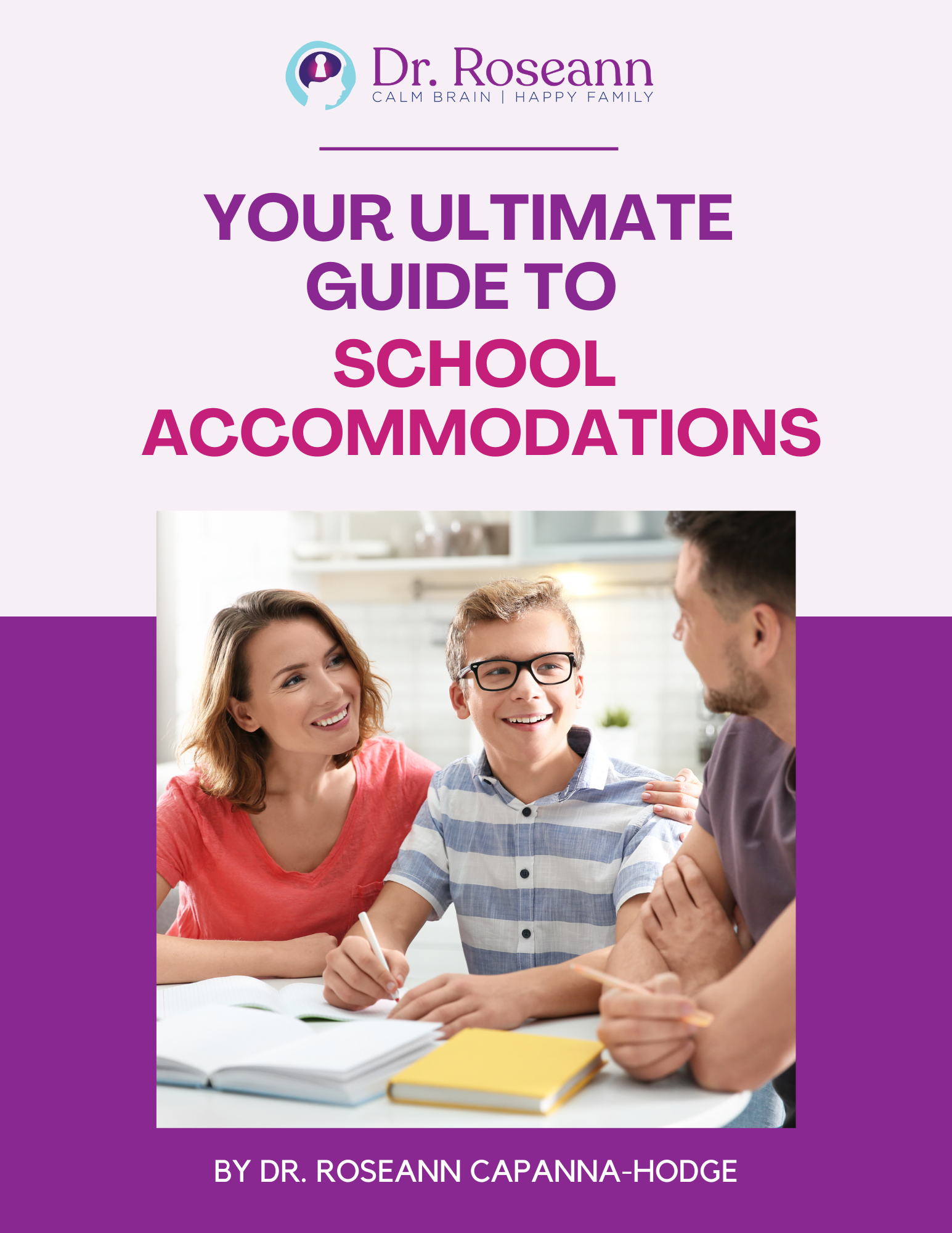They say that a school is a second home for students. Like our original homes, we get many of our learnings from school. That is why parents need to attend school meetings, especially when they want to know more about their child and address mental health issues, if present.
Although, often, attending a school meeting is a problematic experience for most parents who need to learn how to prepare beforehand. In today's episode, we'll discuss preparing for a school meeting about how we can get our children the help they need.
Create a clear agenda for the school meeting
The first thing you need to do is have a clear and feasible agenda. Then, before the meeting, you must lay out all the questions you want to ask.
The school can prepare better when you're clear about your expectations and questions. Then, you can send your concerns to the teacher for a smoother flow in the parent-teacher conference.
Ask questions your child has to respond to
When talking to your child, treat it like problem-solving. You'll want to let them help you figure out what's going on with them. You can get enough information about your child by having conversations with them.
Don't ask questions answerable by yes or no. Make the questions as interactive as possible. Ask questions they have to respond with an explanation.
Come to the meeting with an open mind and listen
Communication is a two-way process. It would be best to listen to what the teachers say about your child. Afterward, you can raise your questions about what you heard from them.
The teacher can provide you with data based on your child's academic performance. You can also ask the teacher how your child socializes with their friends.
This process is connected to the data you've gathered from your child. You're assessing and cross-examining the information from the teacher and your child to understand the situation better and provide your child with the appropriate help they need.
You also have to ask what supports are available for your child. Again, it's essential to ask questions to know more about your child's needs. Indeed, say no to things that could negatively affect your child.
It would help if you also made a plan after deciding during the meeting. For example, create a timeline that you'll follow in addressing your child's mental health issues. You should also follow up with the teacher to keep track of your child's data and progress.
However, if you're worried about your child's learning attention and mental health, seek help from a licensed mental healthcare professional instead of relying solely on the school to provide that kind of help.
No matter where you are in your journey, we have resources to help you:
Get the Ultimate School Accommodations Guide Here! It's absolutely FREE and covers 30 of the most common issues that parents like you are facing. Get it today!
Links and Resources:
Become Your Child’s Best Advocate!
Download The Ultimate Guide to School Accommodations
Have you been searching the internet for the right school accommodations for your kid and still don’t know what to ask for? Well, look no further. We have created this guide just for you…and it's FREE!
➡️ Join our FREE Natural Parenting Community to receive science-backed resources for your child and family. Join here.
➡️ Get help from Dr. Roseann and her team. Apply here.
➡️ “Is it ADHD or something else?” Take the quiz.









